Current Market Data

Regionally, pending sales were down across the board on both a monthly and an annual basis, the National Association of REALTORS® said.
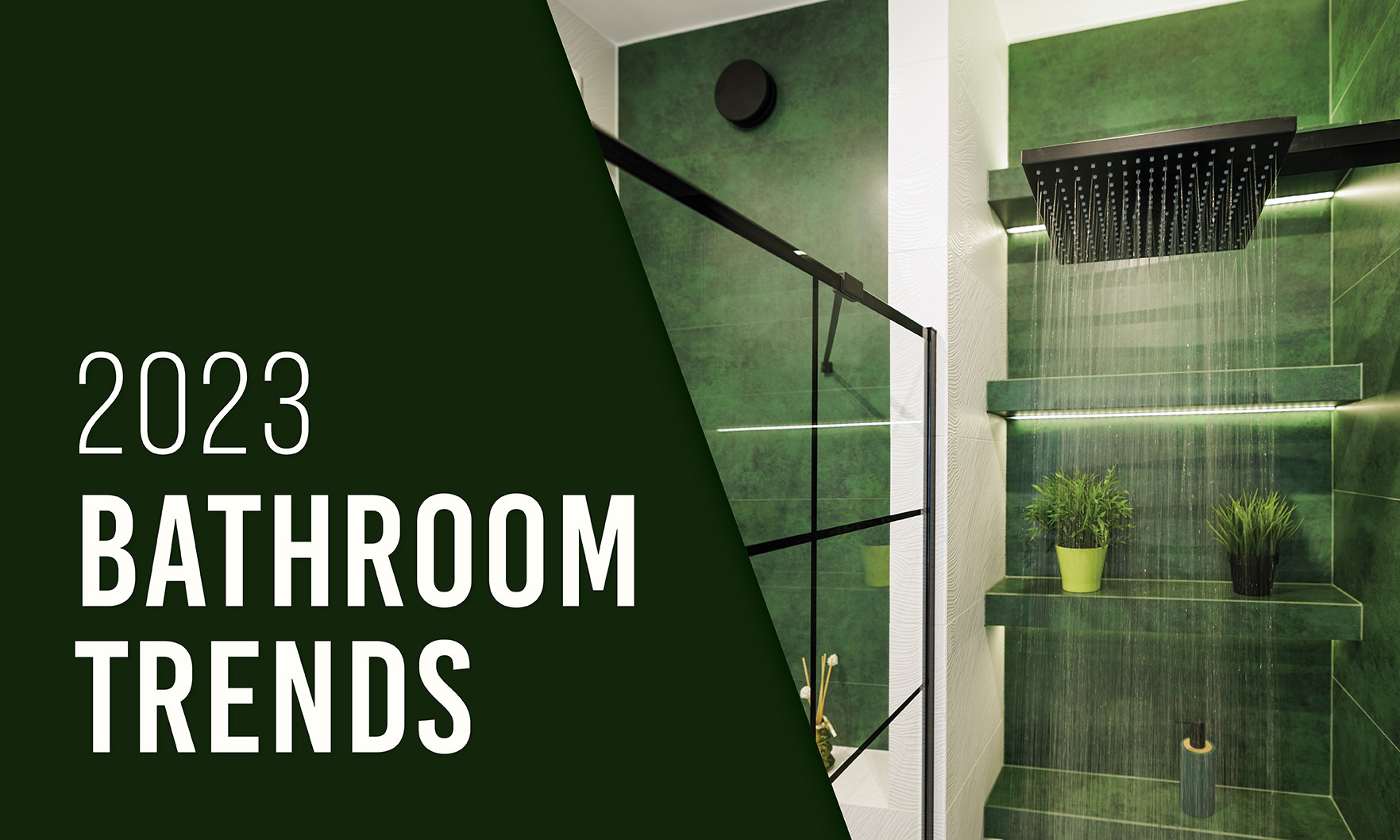
Among the top upgrades: large showers.
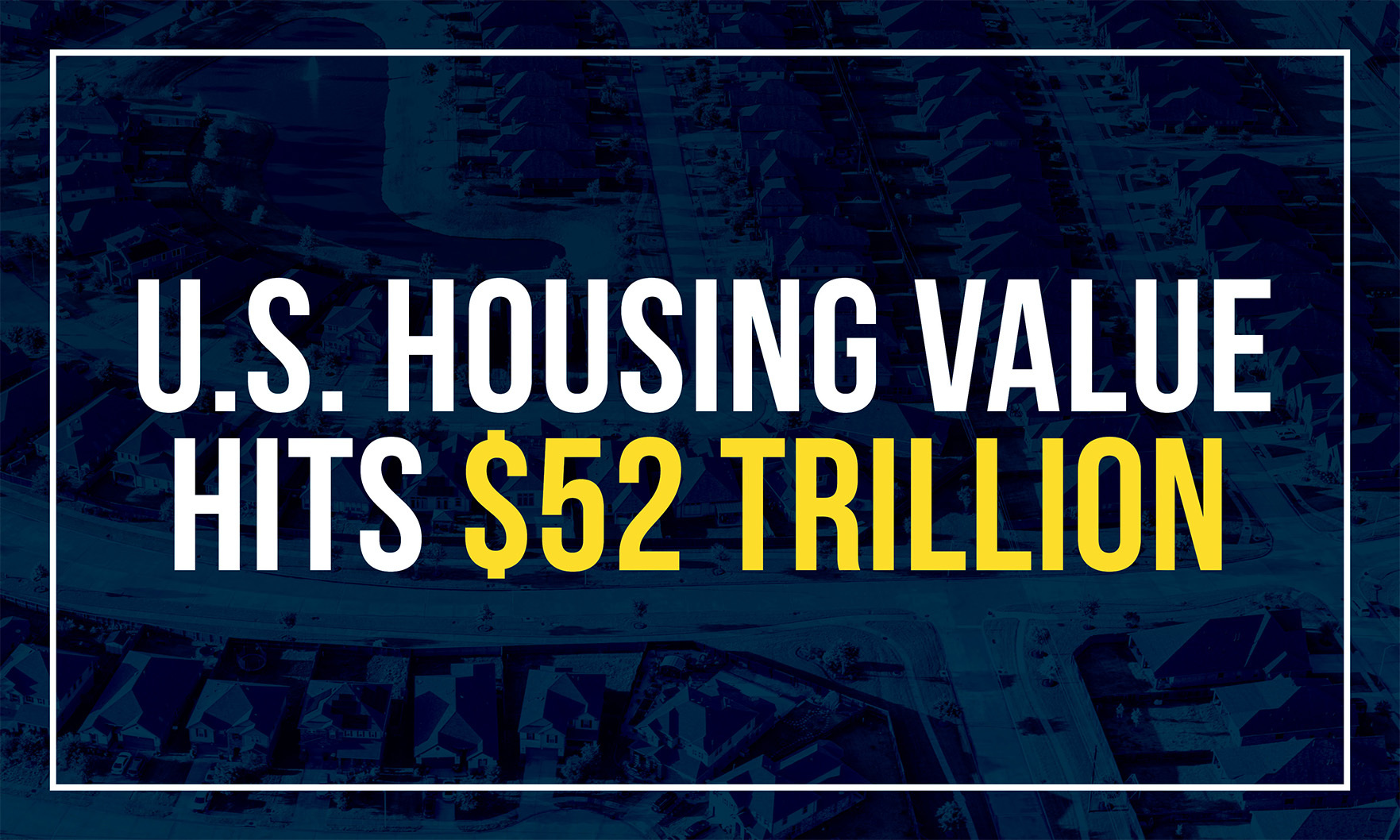
Seattle’s housing market ranked as the eighth-most valuable in June with a total dollar value of $1.076 trillion.

Active inventory fell by 32.6% year over year in Seattle last month — that’s among the highest rates of decline in the entire country.

Total housing inventory at the end of August was 1.11 million units, up 3.7% from July but down 14.6% on a year-over-year basis, the National Association of REALTORS® said.

Canceled home-sales contracts hit their highest rate in almost a year as skittish homebuyers blanche at mortgage rates that are the highest they’ve been in more than 20 years
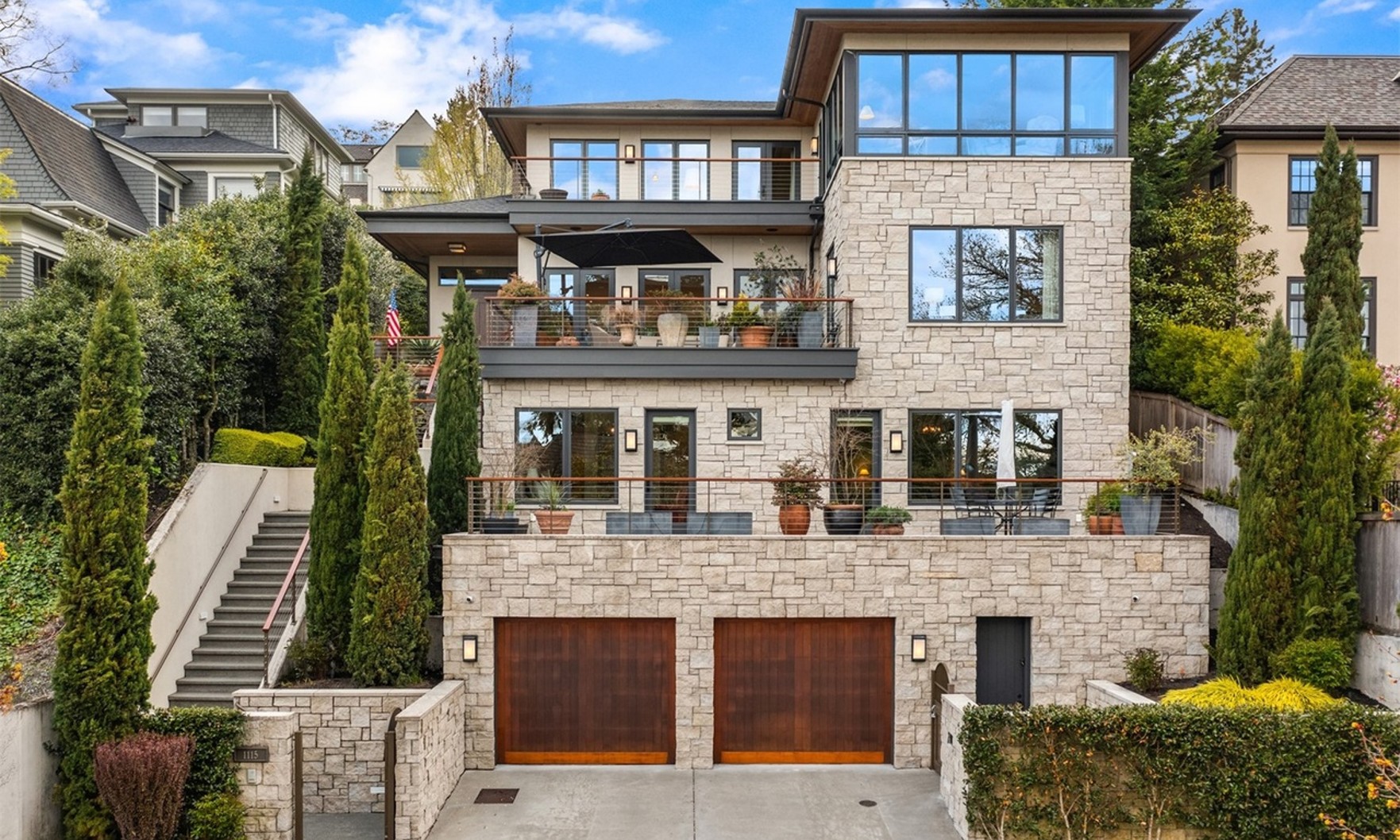
All listings were posted within the last 30 days in the city of Seattle.

A rise in new listings is finally giving potential homebuyers options as the summer market winds down.

What makes Seattle such a hospitable place for working parents? For starters, over one-fifth of the population in the Puget Sound area works remotely, the third-highest share of any city in the country.

Sidelined homebuyers can breathe a sigh of relief. According to Realtor.com, the best week of the year to buy a home is still ahead of us.
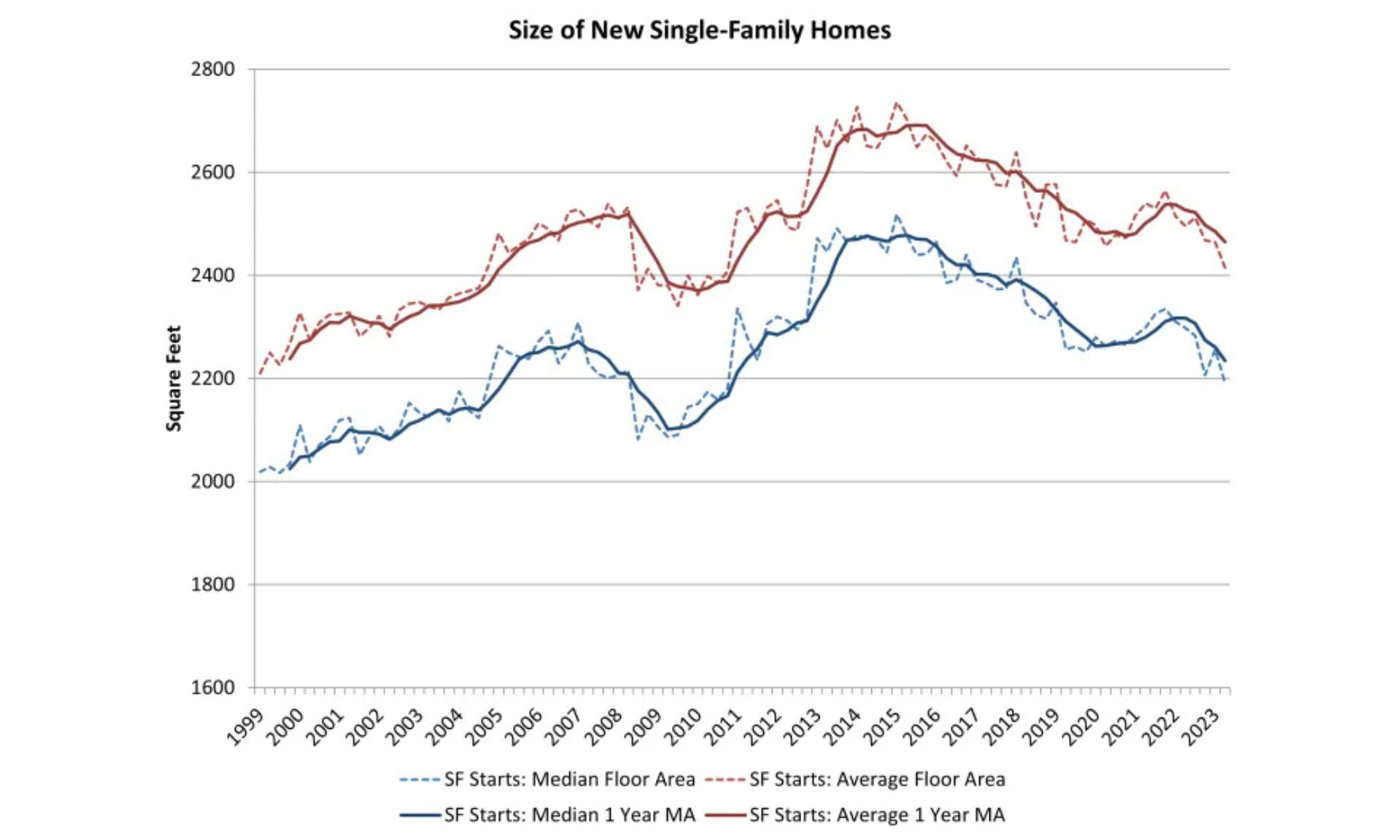
The median area for a new single-family home fell to 2,191 square feet in the second quarter — the lowest recorded size since 2010.
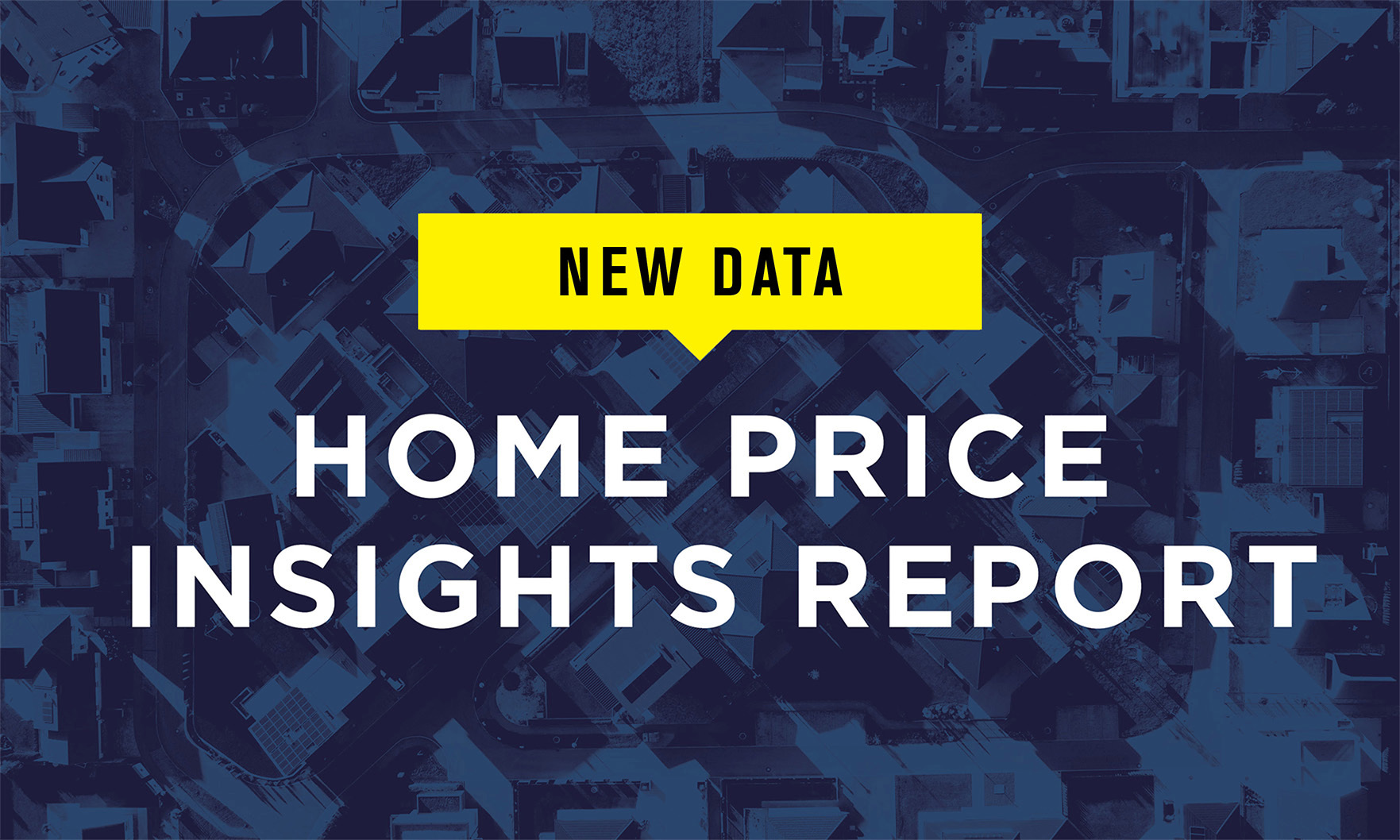
CoreLogic expects prices to continue to grow through next year, albeit at a more traditional pace than in the height of the pandemic.
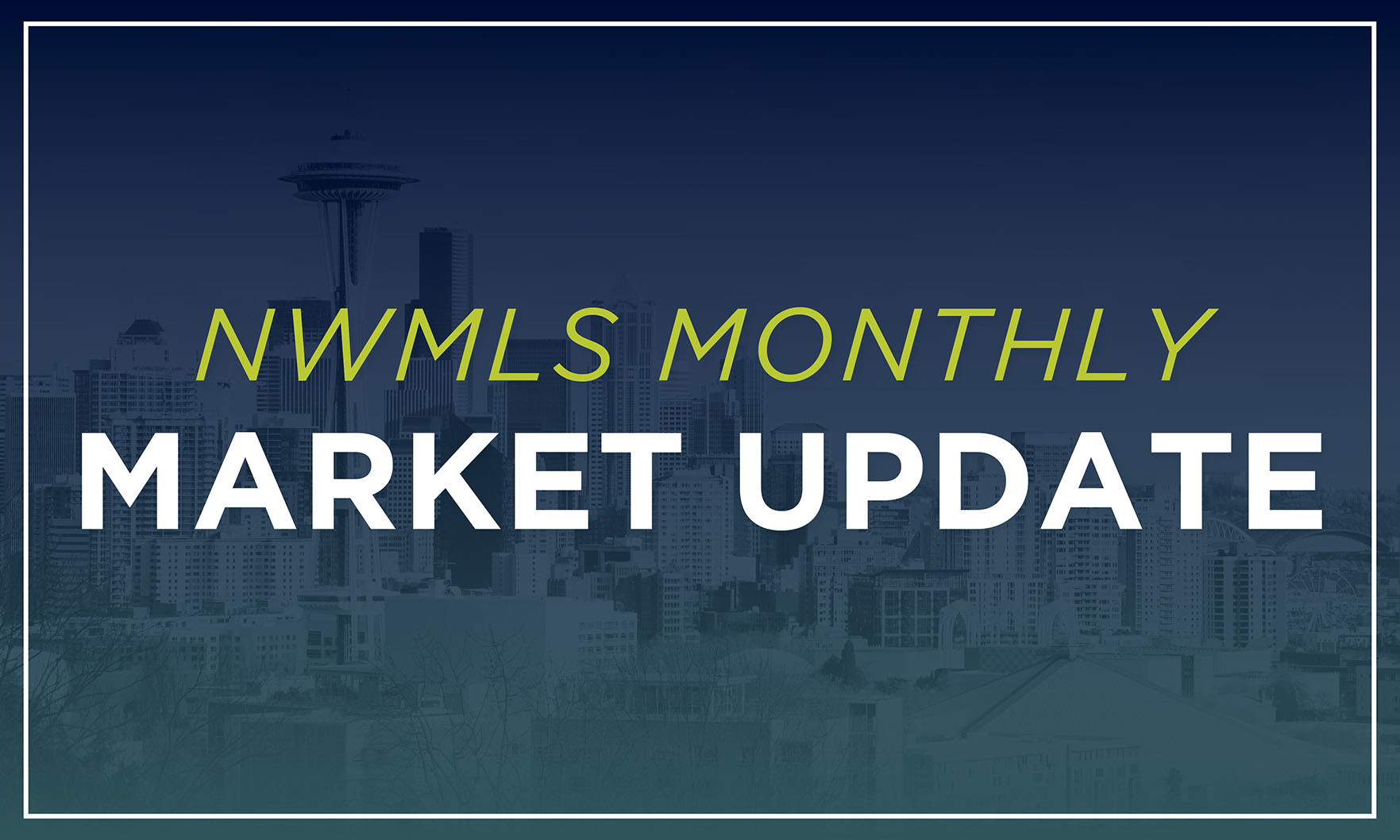
Amid year-over-year declines in Seattle market activity, single-family home prices saw the first annual increase since January last month.

Those looking to buy a house will be paying a premium as inventory continues to be an issue.

Eighteen percent of millennials — approximately one in five — believe they will never become a homeowner, according to a recent survey from Redfin.
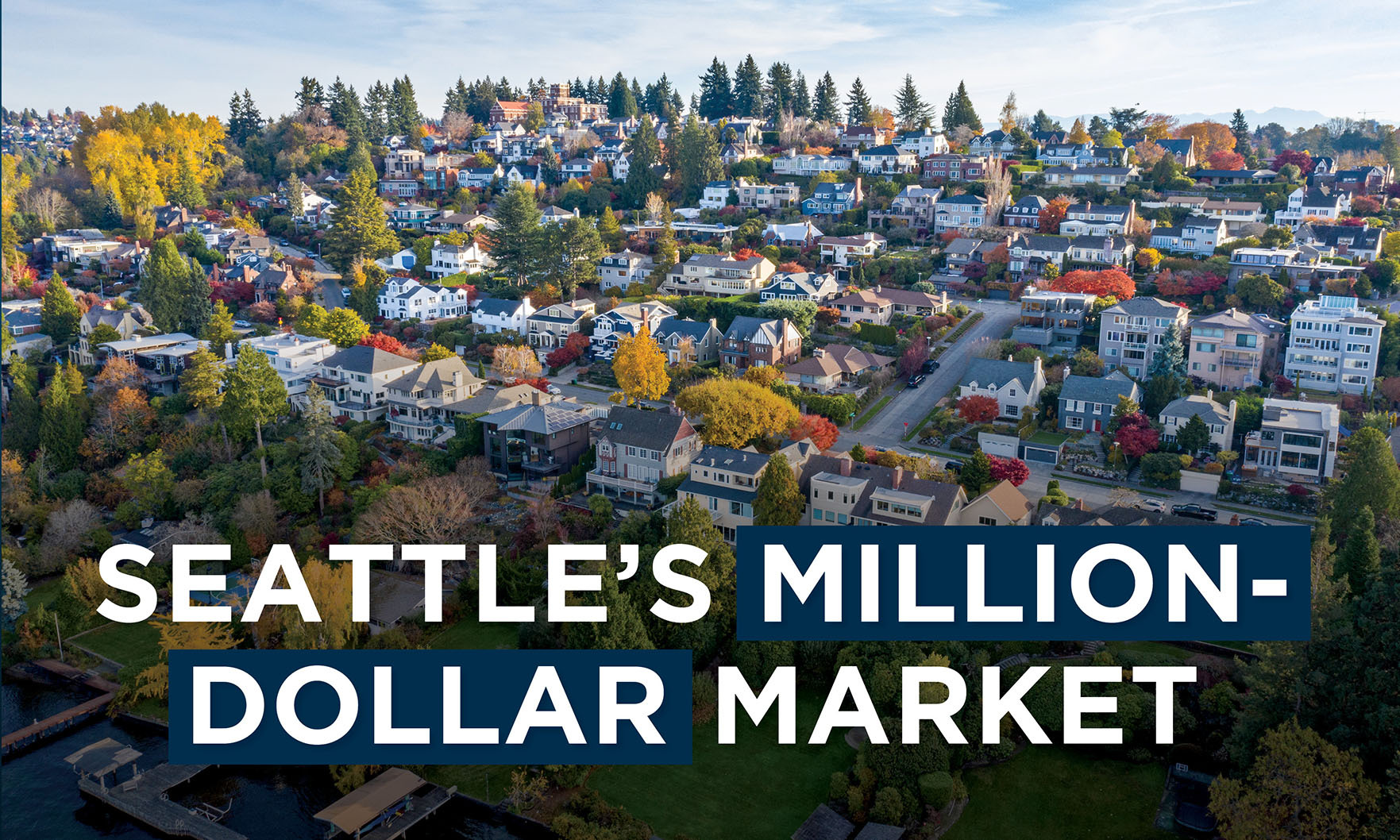
That’s significantly higher than than the national average — only one in 10 U.S. homes are valued that high.
